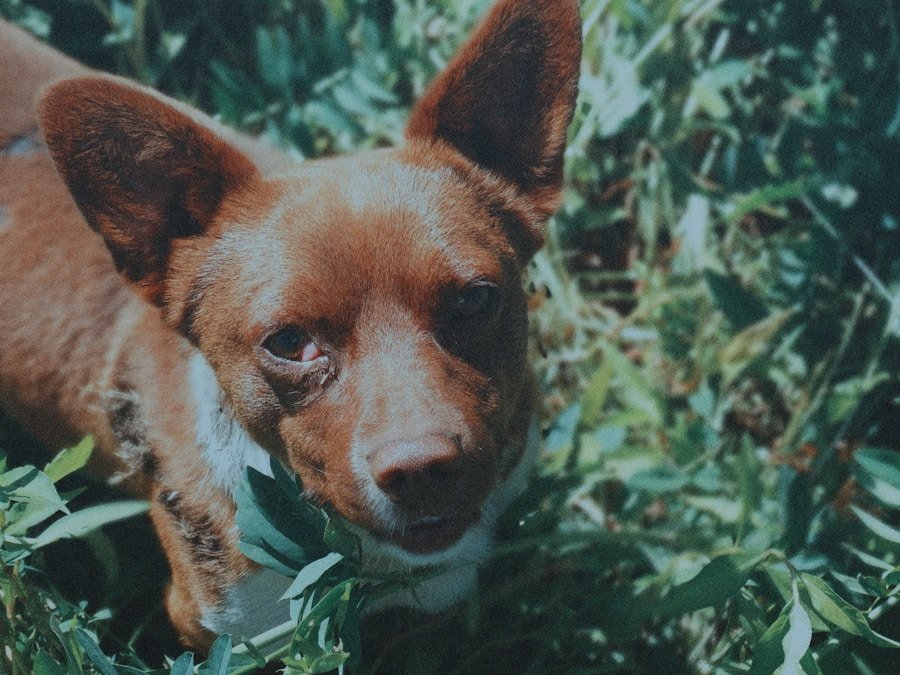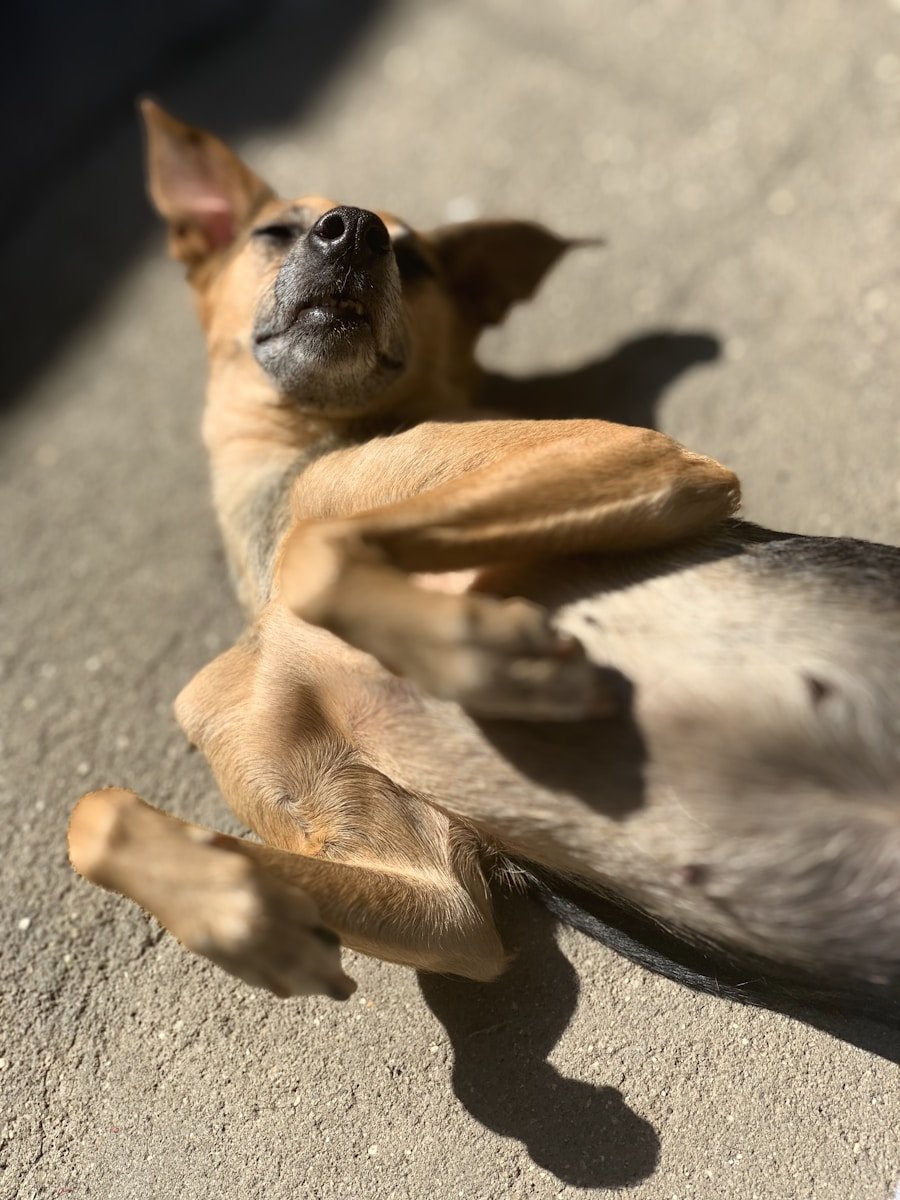Table of Contents
The Chihuahua, one of the smallest dog breeds in the world, has a rich and fascinating history that dates back thousands of years. Originating in Mexico, this breed is believed to have descended from the Techichi, a small companion dog kept by the ancient Toltec civilization. The Techichi was revered for its companionship and was often associated with spiritual beliefs, serving as a guide for the deceased in the afterlife.
Archaeological evidence suggests that these dogs were present in Mesoamerica as early as 300 BC, making them one of the oldest dog breeds known to man.
American tourists visiting Mexico began to take an interest in these tiny dogs, leading to their introduction into the United States.
The breed was officially recognized by the American Kennel Club (AKC) in 1904, and since then, Chihuahuas have become a beloved companion for many families and individuals around the world. Their unique history and cultural significance have contributed to their status as a cherished breed, often seen as a symbol of Mexican heritage. Sure, here is the sentence with the link:
I love to learn about pet care on Pawwise.
Key Takeaways
- Chihuahuas originated in Mexico and have a long history dating back to ancient civilizations.
- Chihuahuas are known for their small size, big personality, and distinctive apple-shaped head.
- Training and socialization are important for Chihuahuas to prevent behavioral issues and aggression.
- Chihuahuas are generally healthy but may be prone to dental problems and patellar luxation.
- Chihuahuas make loyal and affectionate companions, but may not be suitable for households with small children.
The Unique Characteristics of Chihuahuas
Physical Characteristics
Their compact size is complemented by a rounded head, large expressive eyes, and erect ears that give them an alert and curious expression. Chihuahuas come in a variety of coat types, including smooth and long-haired varieties, and they can be found in an array of colors and patterns, from fawn to black and even spotted.
Personality Traits
Beyond their physical attributes, Chihuahuas are characterized by their bold and confident demeanor. Despite their small stature, they often exhibit a fearless attitude, making them excellent watchdogs.
Training and Socialization
This breed is known for its playful nature and can be quite entertaining with their quirky antics. However, it’s essential to remember that their small size does not exempt them from needing proper training and socialization to ensure they develop into well-rounded pets.
Training and Socialization for Chihuahuas

Training a Chihuahua can be both rewarding and challenging due to their independent nature. While they are intelligent dogs capable of learning commands quickly, they can also be stubborn at times. Positive reinforcement techniques work best with this breed; rewarding them with treats or praise when they exhibit desired behaviors encourages them to repeat those actions.
Basic obedience training should begin early in their lives to establish good habits and prevent behavioral issues down the line. Socialization is equally important for Chihuahuas. Exposing them to various environments, people, and other animals from a young age helps them develop confidence and reduces the likelihood of fear-based aggression.
Regular trips to dog parks or playdates with other dogs can provide valuable experiences that contribute to their social skills. Additionally, enrolling them in puppy classes can be beneficial not only for training but also for meeting other dogs and people in a controlled setting.
Health and Care for Chihuahuas
| Health Metric | Chihuahua |
|---|---|
| Life Expectancy | 12-20 years |
| Common Health Issues | Patellar Luxation, Hypoglycemia, Dental Problems |
| Exercise Needs | Low to Moderate |
| Dietary Requirements | High-quality, balanced diet |
| Grooming Needs | Regular brushing, occasional baths |
Caring for a Chihuahua involves understanding their specific health needs and ensuring they receive proper nutrition and regular veterinary care. A balanced diet is crucial for maintaining their health; high-quality dog food formulated for small breeds is recommended. Portion control is essential since Chihuahuas are prone to obesity, which can lead to various health issues.
Consulting with a veterinarian about dietary needs and any necessary supplements can help keep your Chihuahua in optimal condition. Housing considerations for Chihuahuas should focus on creating a safe and comfortable environment. Due to their small size, they are susceptible to injuries from larger pets or rough play.
Providing a cozy bed in a quiet area of the home can help them feel secure. Regular veterinary check-ups are vital for monitoring their health, as Chihuahuas are prone to certain genetic conditions such as dental issues, patellar luxation, and heart problems. Keeping up with vaccinations and preventive care will contribute significantly to their overall well-being.
Chihuahuas as Companions and Family Pets
Chihuahuas make excellent companions due to their affectionate nature and strong bond with their owners. They thrive on human interaction and often seek out attention from family members. Their small size makes them suitable for various living situations, including apartments or homes with limited space.
They are adaptable dogs that can fit into different lifestyles, whether you are a busy professional or a stay-at-home parent. While Chihuahuas can be great family pets, it’s essential to supervise interactions between them and young children. Their delicate frame makes them vulnerable to rough handling or accidental injuries.
Teaching children how to interact gently with Chihuahuas can foster a positive relationship between them. Overall, Chihuahuas bring joy and companionship to families and individuals alike, often becoming cherished members of the household.
Chihuahuas in Popular Culture and Media

Chihuahuas have made significant appearances in popular culture, further solidifying their status as beloved pets. One of the most notable representations is in the film “Beverly Hills Chihuahua,” which showcased the breed’s charm and personality while introducing it to a broader audience. This film not only entertained viewers but also contributed to the rise in popularity of Chihuahuas as fashionable pets among celebrities.
Beyond film, Chihuahuas have been featured in various advertisements and media campaigns, often highlighting their spunky nature and small size. Their presence in pop culture has led to an increase in demand for the breed, making them one of the most recognizable dog breeds worldwide. This visibility has also sparked discussions about responsible pet ownership and the importance of adopting rather than purchasing pets from breeders or pet stores.
Chihuahua Myths and Misconceptions
Despite their popularity, there are several myths and misconceptions surrounding Chihuahuas that can lead to misunderstandings about the breed. One common myth is that Chihuahuas are aggressive or mean-spirited due to their small size. In reality, aggression often stems from fear or lack of socialization rather than inherent traits of the breed.
With proper training and socialization, Chihuahuas can be friendly and well-adjusted companions. Another misconception is that Chihuahuas do not require much exercise due to their size. While they may not need extensive physical activity like larger breeds, they still require regular walks and playtime to stay healthy and mentally stimulated.
Neglecting their exercise needs can lead to behavioral issues stemming from boredom or pent-up energy. Understanding these myths is crucial for potential owners who wish to provide a loving home for a Chihuahua.
The Future of the Chihuahua Breed
As we look toward the future of the Chihuahua breed, it is essential to focus on responsible breeding practices that prioritize health and temperament over appearance alone. With an increase in popularity comes the risk of irresponsible breeding practices that can lead to health issues within the breed. Advocating for ethical breeding standards will help ensure that future generations of Chihuahuas remain healthy and maintain their delightful personalities.
Additionally, as more people become aware of the importance of adopting pets from shelters or rescues, there is hope that many Chihuahuas will find loving homes through these avenues. Education about proper care, training, and socialization will continue to play a vital role in promoting responsible ownership of this charming breed. With ongoing efforts from breeders, rescue organizations, and pet owners alike, the future looks bright for Chihuahuas as they continue to capture hearts around the world.
If you are interested in learning more about caring for small pets, you may want to check out this article on caring for your Black Syrian Hamster. This article provides valuable information on how to properly care for these adorable creatures and ensure they live a happy and healthy life.
FAQs
What is a Chihuahua?
A Chihuahua is a small breed of dog that originated in Mexico. It is known for its small size, large ears, and lively personality.
What is the average size of a Chihuahua?
Chihuahuas typically weigh between 2-6 pounds and stand 6-9 inches tall at the shoulder.
What is the life expectancy of a Chihuahua?
Chihuahuas have a relatively long life expectancy, living on average 12-20 years.
What are the common health issues in Chihuahuas?
Chihuahuas are prone to certain health issues such as dental problems, patellar luxation, and tracheal collapse. They may also be susceptible to hypoglycemia due to their small size.
Are Chihuahuas good with children and other pets?
Chihuahuas can be good with children and other pets if they are socialized and trained properly from a young age. However, they may not tolerate rough handling and may be wary of strangers.
What is the temperament of a Chihuahua?
Chihuahuas are known for their lively, alert, and confident nature. They can be loyal and affectionate companions, but may also be stubborn and have a tendency to be protective of their owners.
Do Chihuahuas require a lot of exercise?
Chihuahuas are energetic dogs, but due to their small size, they do not require a lot of exercise. Daily walks and playtime are usually sufficient to keep them happy and healthy.
Are Chihuahuas easy to train?
Chihuahuas can be stubborn and independent, which can make training a challenge. However, with patience, consistency, and positive reinforcement, they can be trained to be well-behaved and obedient.


